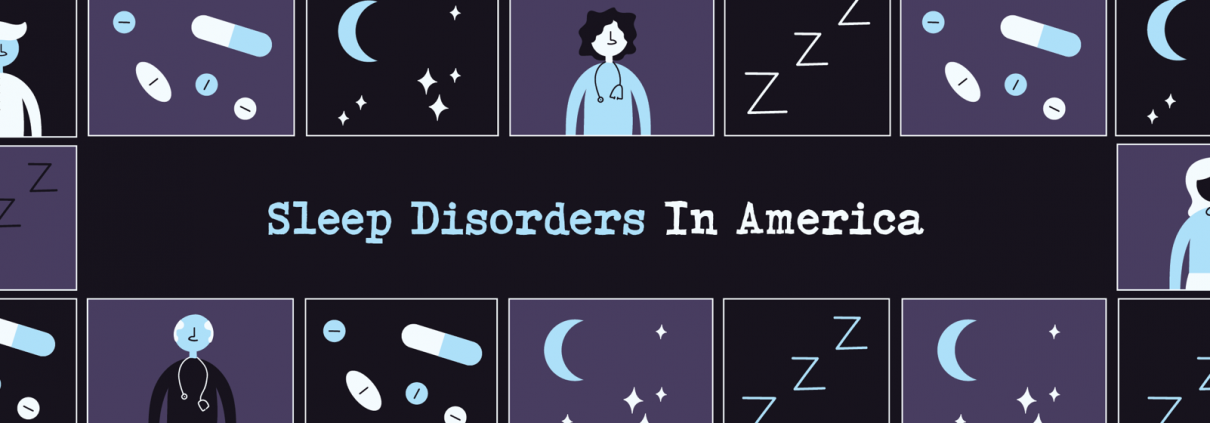HCP relationships can often be a factor in alleviating or adding to the RLS confusion, with some types of HCPs less familiar with all aspects of the condition. Eight in 10 diagnosed respondents said they regularly see a healthcare professional for their RLS. However, of that group, 54% said a primary care physician was the main HCP they saw. Nearly a quarter said they saw a neurologist most often, while only 8% said a sleep specialist was the primary HCP for their RLS.
While three-fourths of diagnosed respondents said they felt comfortable discussing all aspects of their condition with their HCP and 63% were satisfied with the care they received, there still appears to be some confusion. Four in 10 don’t feel their treatment options are clearly explained and 45% aren’t in complete agreement with their HCP on the severity of their RLS.
“When I was diagnosed, I was given medication but very little support outside of that,” said Sleep-Disorders.net patient advocate Lindsey Kizer. “I didn’t completely understand how to manage it outside of medication, or how it affected my other conditions or played into them. I feel that even among physicians its effects are often minimized.”
Treatment can also be a difficult hurdle for people with RLS. Only 29% of diagnosed respondents feel their condition is controlled on their current treatment plan, and only a quarter feel confident they’re doing everything necessary to manage their RLS on a regular basis. In fact, four in 10 reported experiencing at least four sleep interruptions per night.
Over-the-counter medications and alternative therapies, such as melatonin, appear to be the dominant forms of treatment for people with RLS, with 53% of diagnosed respondents saying they currently use them. And nearly four in 10 respondents said they would rather make changes to their lifestyle or diet than take a prescription. At the same time, a small portion – 20% – said they actively seek out information about the latest RLS-specific treatments, while 43% said they would be interested in participating in a clinical trial.
“Restless legs syndrome, like many sleep disorders, can be a confusing condition, for both patients and healthcare professionals, due to an often limited understanding of the condition and its full impact,” said Tim Armand, co-founder and president of Health Union. “Online health communities, like Sleep-Disorders.net, seek to provide people living with the condition the information they need to help reduce the confusion and provide support and validation so they feel less alone in their experiences.”
The Sleep Disorders In America survey, which fielded from March 3 to July 24, 2020, included responses from 2,198 people living with sleep disorders. Respondents answered different questions depending on their type of sleep disorder. The survey included 434 restless legs syndrome respondents, as well as 404 insomnia respondents, 105 narcolepsy respondents, 968 sleep apnea respondents and 287 with another form of sleep disorder.
Additional survey results may be available upon request. More information about living with various sleep disorders can be found on Sleep-Disorders.net, which maintains specific sub-communities – and associated social media accounts – focused on restless legs syndrome, as well as insomnia, narcolepsy and sleep apnea.
About Health Union
Since 2010, Health Union has encouraged social interactions that evolve into valuable online health conversations, helping people with chronic conditions find the information, connection, and validation they seek. The company creates condition-specific online communities – publishing original, daily content and continuously cultivating social conversation – to support, educate and connect millions of people with challenging, chronic health concerns. Today, the Health Union family of brands includes 31 online health communities, including LungCancer.net, ParkinsonsDisease.net, MultipleSclerosis.net and Migraine.com.


